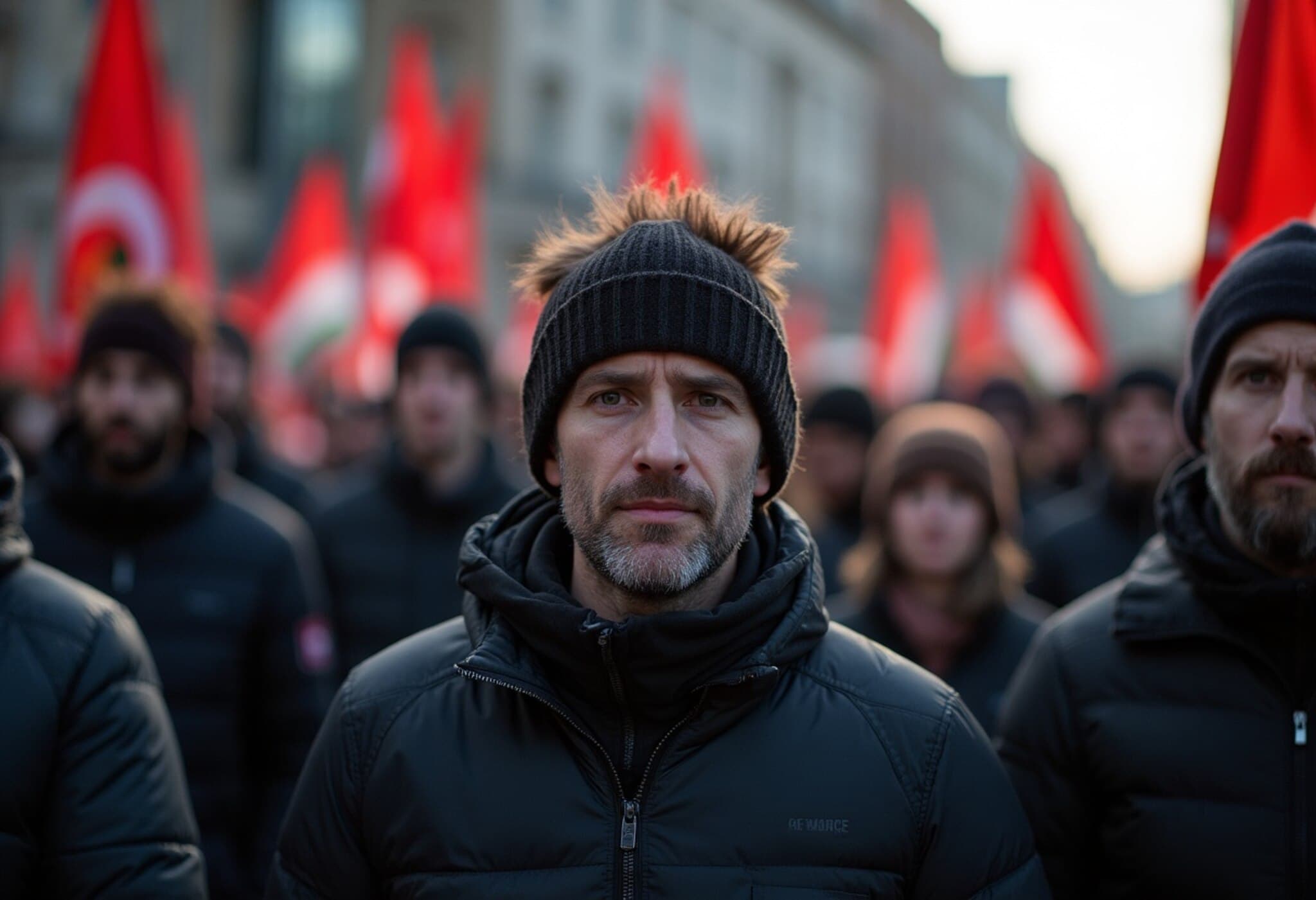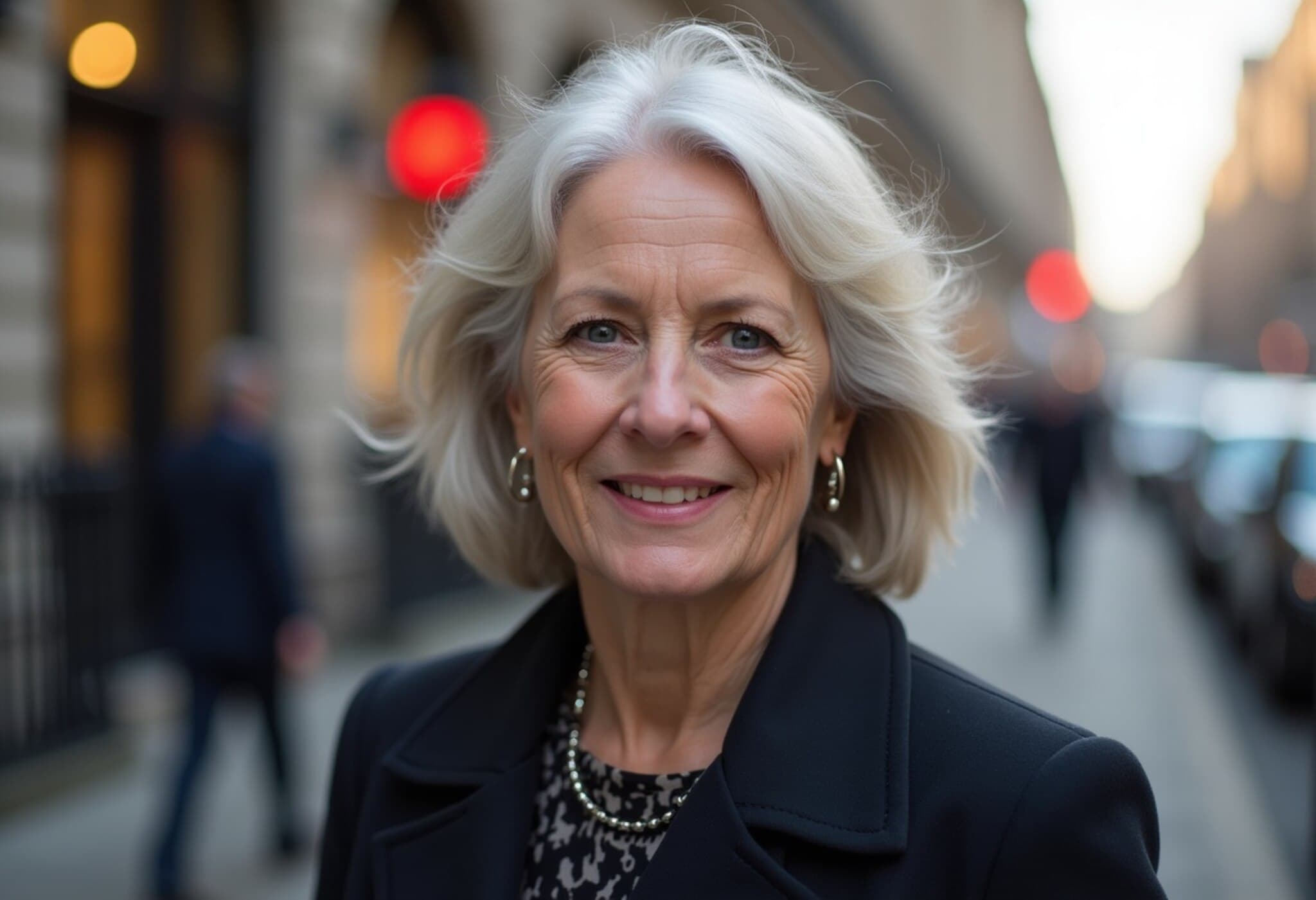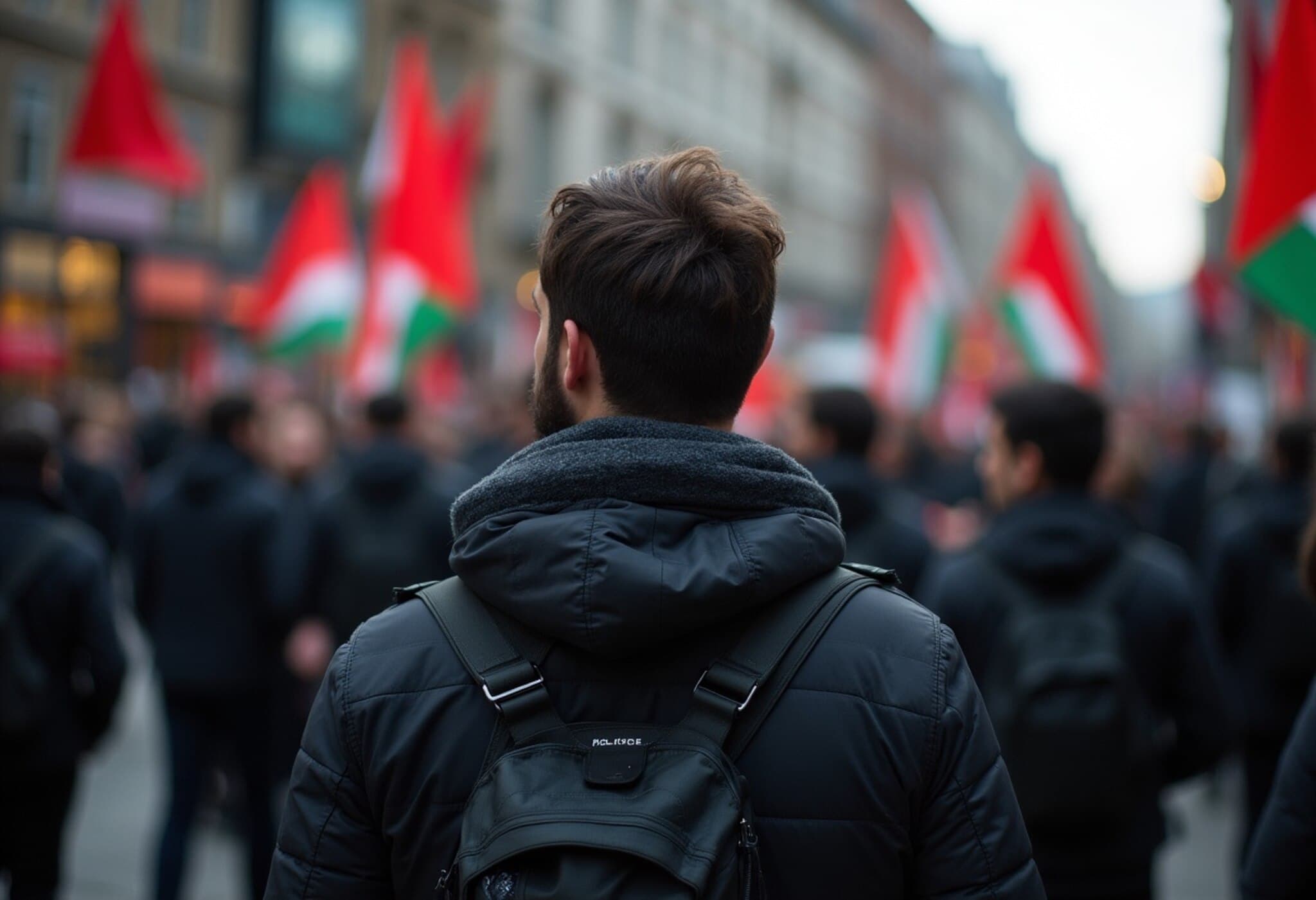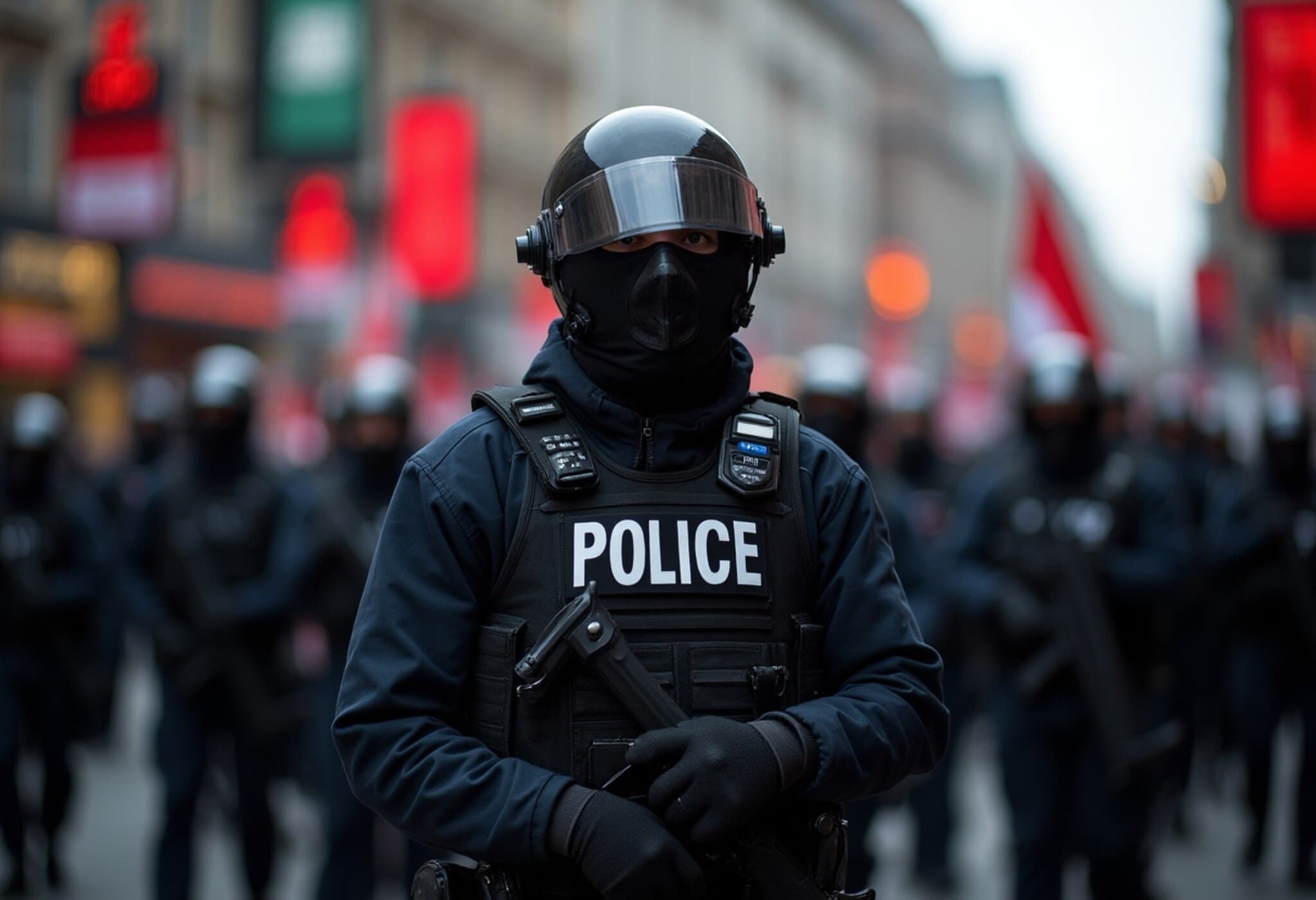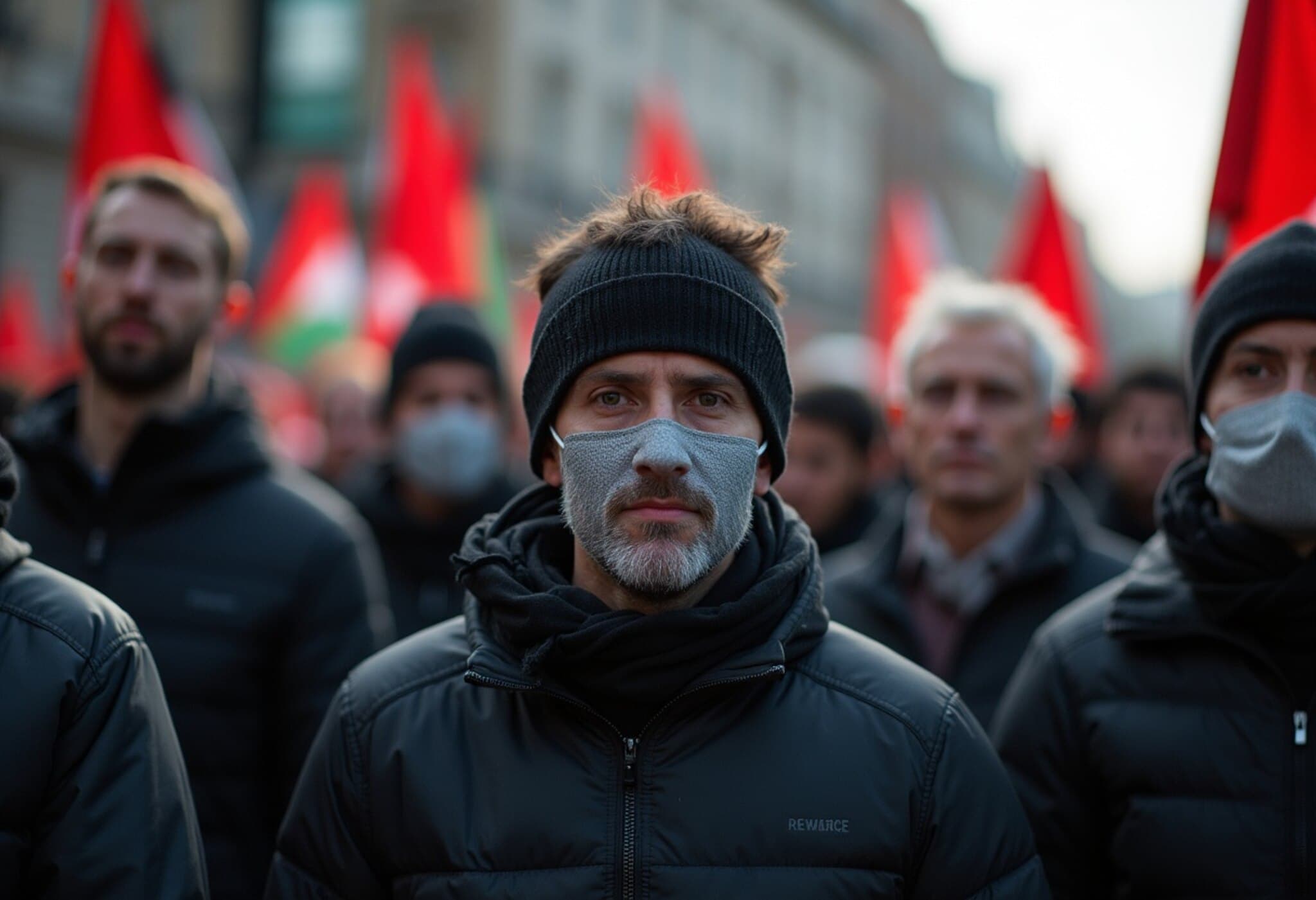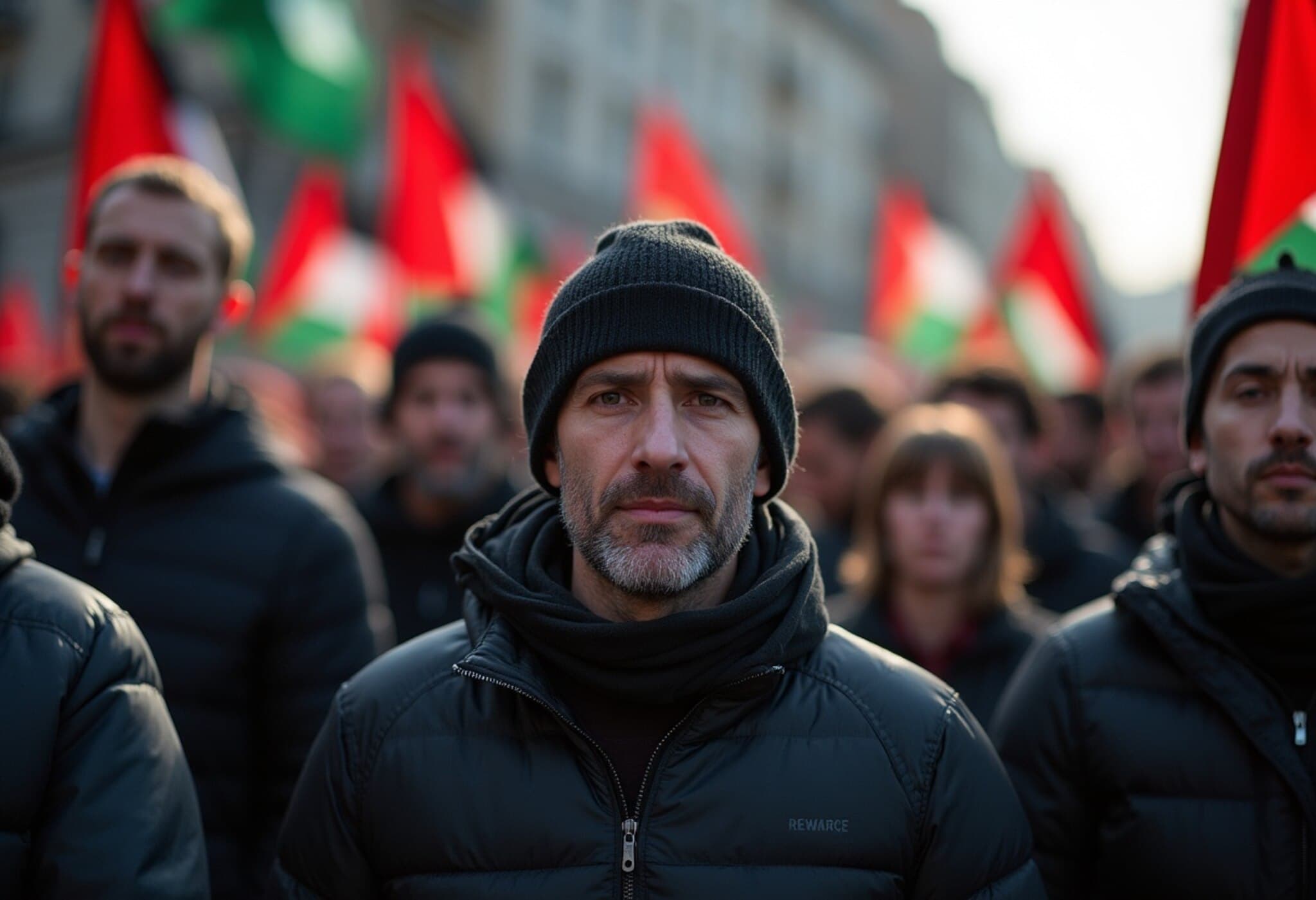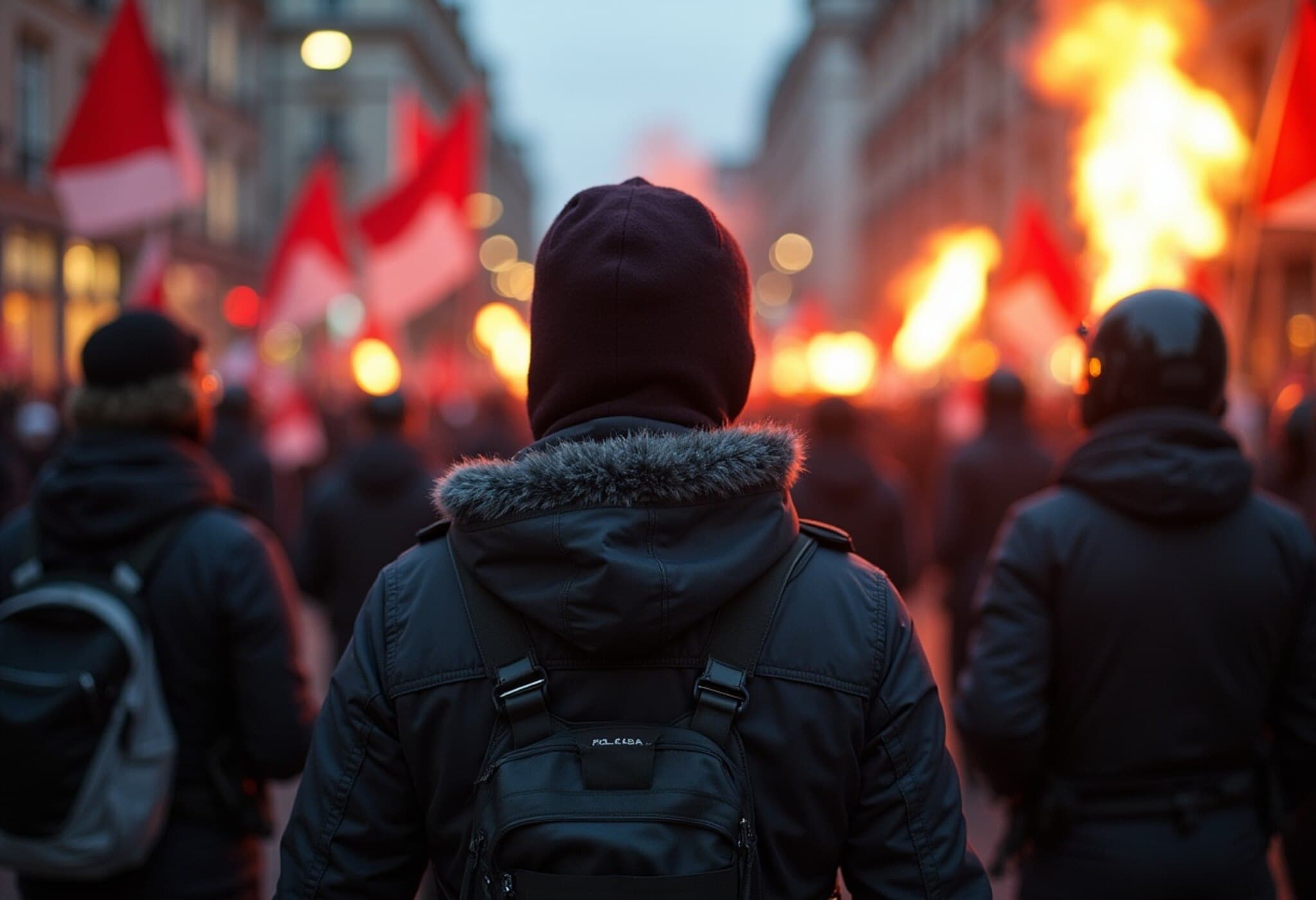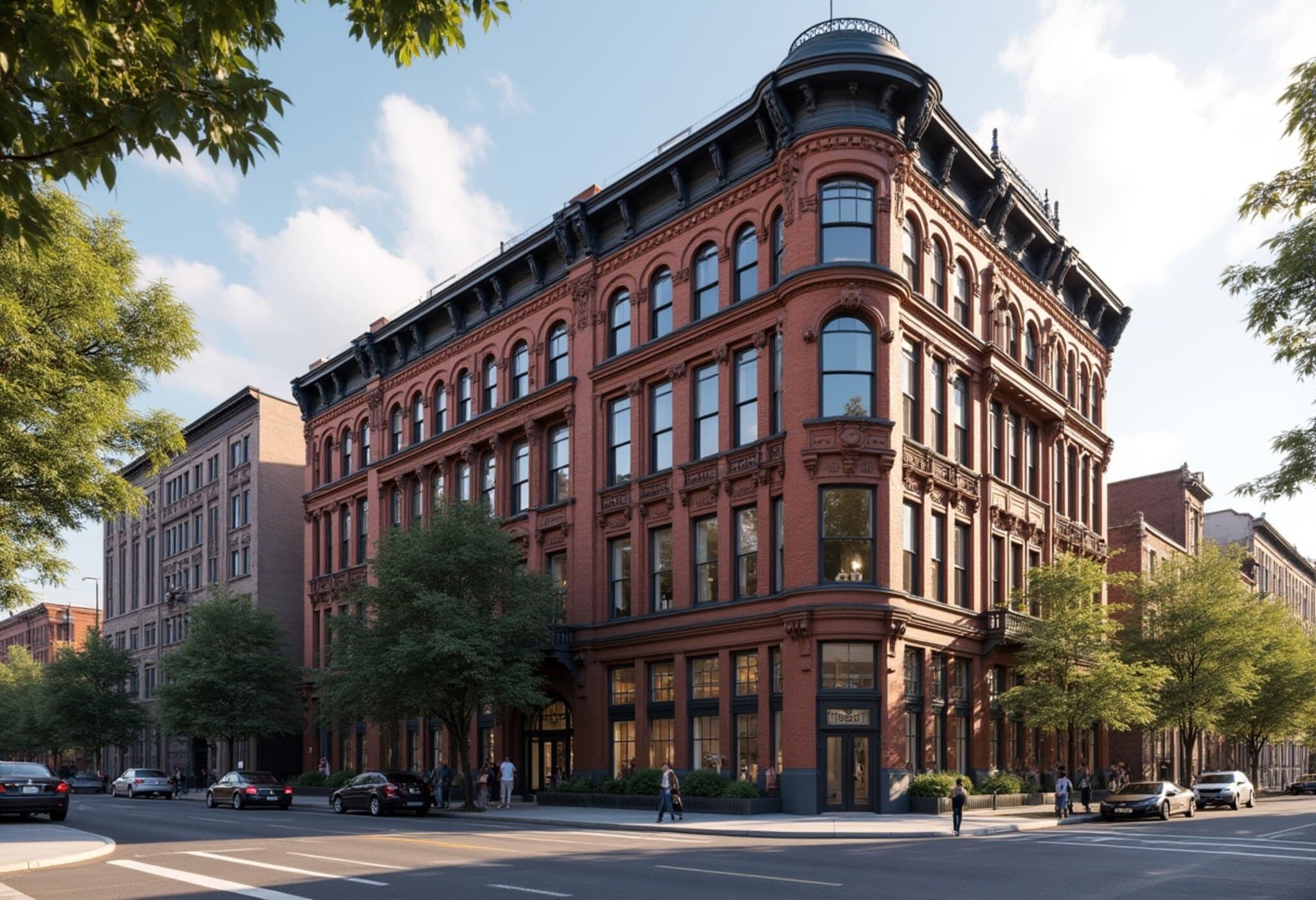Mass Arrests in London as Demonstrators Defy Ban on Palestine Action
In a significant crackdown, London’s Metropolitan Police detained more than 150 protesters who deliberately flouted a newly enacted law prohibiting support for the pro-Palestinian group Palestine Action. The arrests mark a pivotal moment in an escalating conflict between activists advocating for Palestinian solidarity and the UK government’s efforts to clamp down on the group, which was recently proscribed as a terrorist organization.
Background: The Ban and Its Implications
Palestine Action has drawn international attention following a series of high-profile protests across the United Kingdom since early July. The government’s decision to outlaw the group came in response to activists breaching a Royal Air Force (RAF) base at Brize Norton, Oxfordshire, where they defaced two tanker aircraft with red paint, symbolizing opposition to the UK’s military involvement in the Israel-Hamas conflict.
Home Secretary Yvette Cooper spearheaded the ban citing national security concerns, yet critics argue the move dangerously expands the definition of terrorism to include acts of property damage and peaceful protest. This broad interpretation raises pressing questions about the UK's commitment to civil liberties and the fundamental right to freedom of expression.
The Day of Protest: Defiance and Arrests
On Saturday afternoon, hundreds converged outside the iconic Parliament Square to display placards with messages such as "I oppose genocide. I support Palestine Action." Police swiftly intervened, arresting those visibly supporting the banned group. The Metropolitan Police confirmed via social media that officers were systematically moving through the crowd, making additional arrests to enforce the new legislation.
Legal Challenges and Public Debate
Supporters of Palestine Action have mounted legal challenges, contending that the designation unfairly criminalizes political dissent. Advocacy groups warn that broad anti-terror laws increasingly threaten democratic principles by suppressing activism, especially when harmless civil disobedience is conflated with terrorism.
Defend Our Juries, a campaign group, cautions that when terrorism definitions are divorced from targeted violence against civilians and extended to include economic disruptions or embarrassing the powerful, democracy itself is imperiled. This debate resonates deeply within American and European contexts, where balancing security with constitutional rights continues to prompt legislative and judicial examination.
Wider Context: London Amid a Surge of Protests
The arrest wave comes amid a tumultuous weekend in London marked by multiple, overlapping demonstrations: from pro-Palestinian marches pressing for an end to the Gaza conflict to counter-protests focusing on immigration policies and asylum seeker accommodations.
Prime Minister Keir Starmer faces criticism from various quarters; while he has announced intentions to recognize a Palestinian state — a move that angered Israel — activists in Britain view the government’s efforts as insufficient to halt ongoing violence. Meanwhile, protests outside hotels housing asylum seekers spotlight growing societal tensions and polarizing discourse around immigration.
Deputy Assistant Commissioner Ade Adelekan acknowledged the immense challenge ahead, noting, “This is going to be a particularly busy few days in London with many simultaneous protests and events that will require a significant policing presence.”
Looking Ahead: The Role of Protest in Democratic Societies
The unfolding events in London underscore the complex intersection of protest, security, and rights in a liberal democracy. As governments navigate the fine line between maintaining order and respecting civil liberties, questions remain about how best to handle dissent without undermining the invaluable role it plays in societal progress.
- Key dates: Protests and marches scheduled into Sunday, including calls for the release of Israeli hostages held in Gaza.
- Legal developments: Ongoing court cases contesting the terrorism proscription of Palestine Action.
- Public discourse: Growing debate over immigration policies and community integration amid asylum seeker accommodation protests.
Editor’s Note
As London grapples with a string of large-scale protests under the shadow of new anti-terrorism legislation, the core issue extends beyond immediate security concerns. It challenges democratic societies to critically evaluate the definition of terrorism and to defend the constitutional right to protest peacefully. This case exemplifies the tension between state power and activism, raising pertinent questions about freedom, justice, and the mechanisms through which citizens express dissent in times of geopolitical upheaval.
For American readers, this story serves as a reminder of the delicate balance between national security and civil liberties—a debate that continues to evolve amid shifting global conflicts and domestic policy responses.

